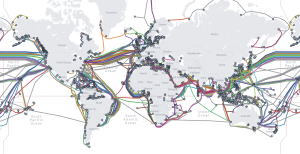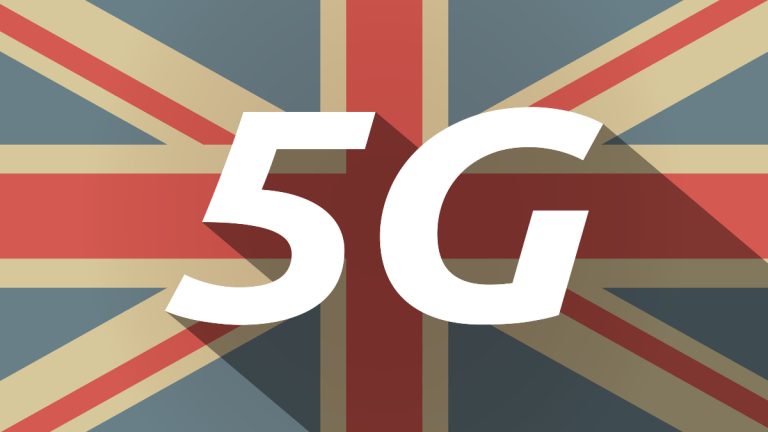Concerns Grow Over Nvidia’s H20 Chip Sales to China Amid National Security Risks
Critical Remarks from Lawmakers
In a notable escalation, the chair of a House panel regarding China, Republican Representative John Moolenaar, recently communicated with U.S. Commerce Secretary Howard Lutnick regarding Nvidia’s decision to resume sales of its H20 chips to China. Moolenaar emphasized that this move could potentially enhance Beijing’s artificial intelligence (AI) capabilities, intensifying his critique of the reversal of an earlier ban, which he labeled as ‘the right call.’
Moolenaar conveyed concerns regarding the impact of the H20 chips on the U.S.’s AI market dominance and the possibility of Chinese firms increasing their global market footprint in AI technology. He asserted, ‘The Commerce Department made the right call in banning the H20,’ while seeking further insights on this critical issue.
Nvidia’s Response and Industry Implications
Nvidia’s recent announcement that it could revisit sales of the H20 chips marks a significant shift from an export restriction imposed by the Trump administration, aimed at preventing advanced AI chips from reaching China due to national security apprehensions. This decision has been met with bipartisan scrutiny from U.S. lawmakers, with Moolenaar demanding clarifications from the Commerce Department regarding the implications of this policy.
As Nvidia shares fell following Moolenaar’s remarks, the company defended the U.S. government’s decision, arguing that fostering development on American technology paves the way for enhanced national security and economic growth. Meanwhile, the Commerce Department has not yet issued a public comment in response to these developments. A rare instance of dissent from a fellow Republican, Moolenaar’s letter highlights the significant national security anxiety surrounding the export of AI technologies, reflecting the persistent worries of ‘China hawks’ in Washington.
With the Biden administration previously placing restrictions on other Nvidia technologies aimed at China, the return of the H20 chip signals a relaxation of policies concerning AI technology exports. Despite the renewed sales plan, the U.S. government will still regulate licenses for H20 exports. However, Nvidia anticipates approvals and aims to start dispatching units soon, creating competitive opportunities within the AI market.
Keywords
Nvidia; H20 chip; China; AI technology; national security




